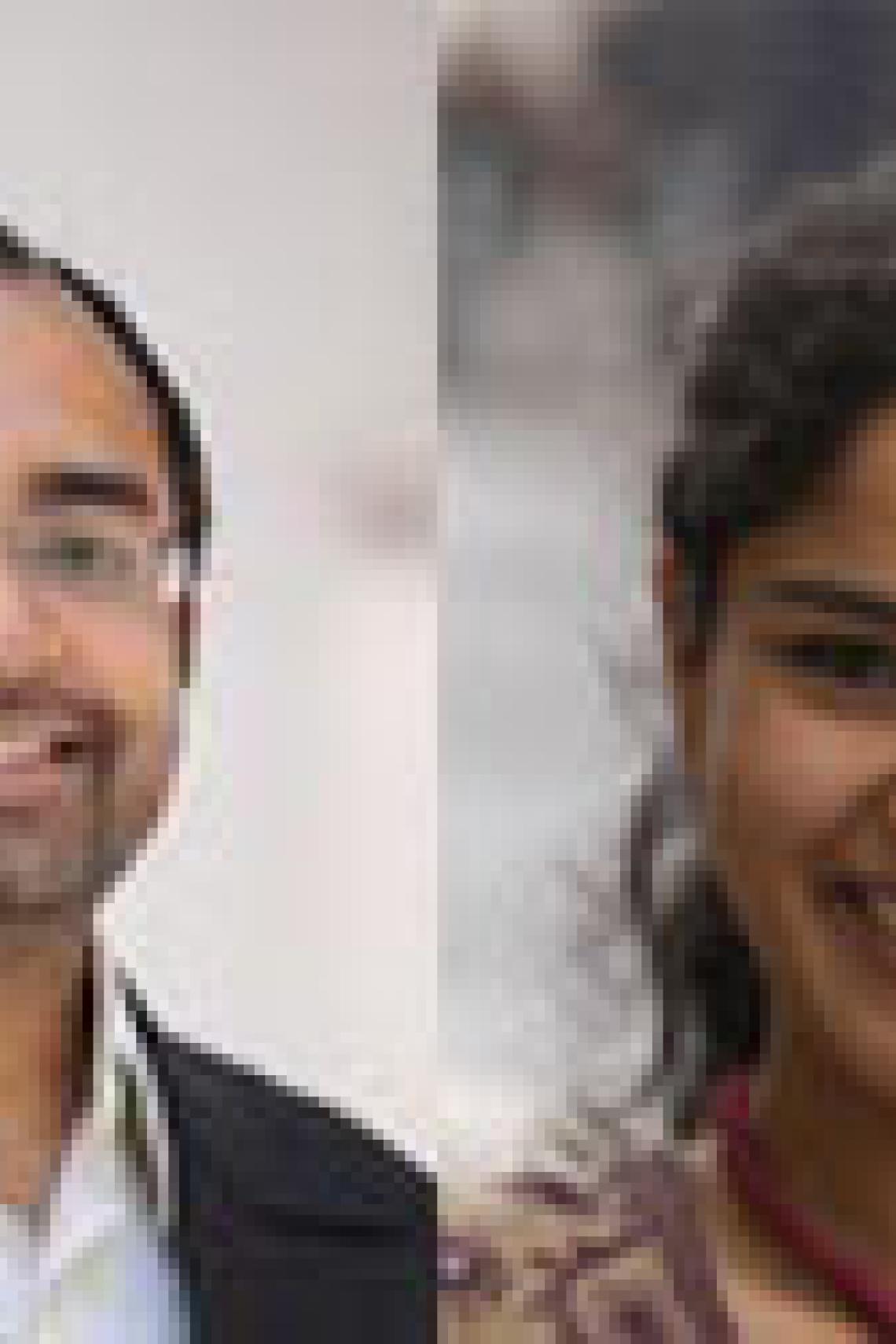Indian Elections: A Roundup of Commentary by ODID Specialists
The "world’s largest exercise in democracy" has just concluded in India, lasting six weeks and involving over 800 million voters. The results will be announced on 16 May. During the course of the elections, the Indian specialists at ODID have been writing and commenting extensively for the media. Read some of that commentary below:
In an article for Tehelka, Associate Professor of Development Studies Nikita Sud subjects the much-vaunted humble origins of frontrunner Narendra Modi to scrutiny, suggesting his ascent was in many ways as dynastic as that of opponent Rahul Gandhi: http://www.tehelka.com/of-dynasties-and-parivars/
In a blog post for Open Democracy, she examines whether Modi, whose political rise was facilitated by the Hindu nationalist RSS and who presided over a massacre of Muslims in 2002, has genuinely transformed himself into the candidate of development and good governance that his supporters like to portray: http://www.opendemocracy.net/openindia/nikita-sud/colours-of-potential-indian-prime-minister
She is also quoted on Modi’s background in long articles for France’s Mediapart http://tendanceclaire.npa.free.fr/breve.php?id=8082 and Caravan magazine http://caravanmagazine.in/reportage/stratagems-and-spoils?page=0,2
In East Asia Forum, she examines the links between Modi and big business, asking whether his close relationship with billionaire Gautam Adani represents crony capitalism, and if so, what this might say about policy should Modi come to power: http://www.eastasiaforum.org/2014/04/20/is-narendra-modi-a-crony-capitalist-or-just-best-friend-to-business/. An article on Bloomberg considers the same subject and includes a comment from Nikita: http://www.bloomberg.com/news/2014-05-05/adani-s-4-1-billion-wealth-surge-in-8-months-fuels-modi-attacks.html
She is also quoted by Bloomberg on the risks of communal tensions during the elections: http://www.bloomberg.com/news/2014-05-08/india-shoe-seller-s-torched-shop-shows-vote-strife-risk.html
Writing in the Hindustan Times, ODID Junior Research Fellow Indrajit Roy examines claims by India's Congress party to represent the best hope for secularism in the country, suggesting such claims obscure the party’s own complicity in laying the foundations of Hindu nationalist politics: http://www.hindustantimes.com/comment/analysis/secularism-deserves-better-champions/article1-1212025.aspx#sthash.cu3It6s9.dpuf
In a post for Nottingham University’s Ballots and Bullets blog, Indrajit also highlights the continuities between the policy orientation of the Congress and Modi’s BJP in the context of BJP claims to be the party that brought development to India: http://blogs.nottingham.ac.uk/politics/2014/04/28/same-difference-the-congress-the-bjp-and-indias-development/
He considers India’s first-past-the-post electoral system in an article for the Hindu, suggesting that a system of Proportional Representation, bolstered by safeguards for social minorities and marginalised communities, would more effectively represent the diversity of political opinion in the country: http://www.thehinducentre.com/verdict/commentary/article5951429.ece
Finally, in a post for ODID’s own blog, Debating Development, Indrajit says that social scientists and political analysts examining the Modi phenomenon need to understand that the “imaginary” of social justice remains central to the identity of many Indians and that this helps explain Modi’s appeals to caste: http://blog.qeh.ox.ac.uk/?p=615

